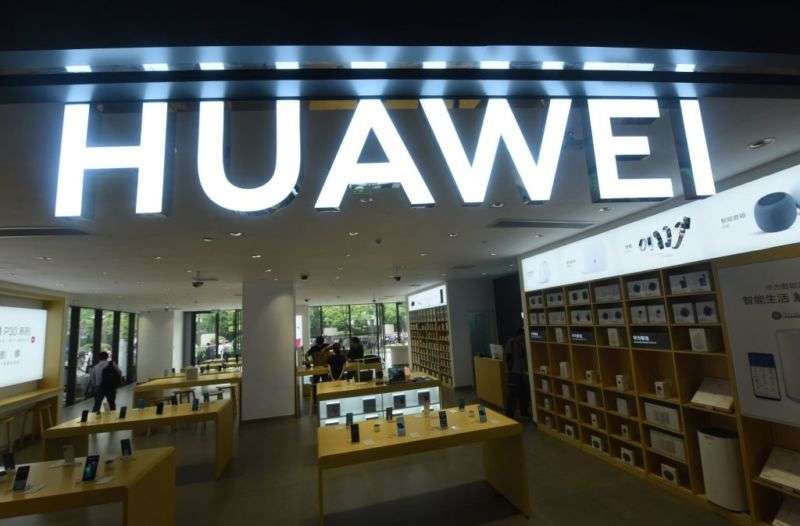
Trump tries to shut Huawei out of US market with executive order

The Trump administration yesterday took two actions that could effectively prevent Huawei from buying US technology and prevent it from selling products to US companies.
An executive order issued by President Trump and a separate action taken by the US Commerce Department could “cut the Chinese telecommunications giant off from American suppliers and ban it from doing business in the US,” The Wall Street Journal wrote.
The order doesn’t mention Huawei or China by name, but it was widely seen as targeting Huawei and other Chinese companies such as ZTE. Huawei is the second-biggest smartphone vendor in the world, according to IDC, and it sells a large amount of network equipment to telecom providers and other companies.
Trump’s executive order “declar[ed] a national emergency and barr[ed] US companies from using telecommunications equipment made by firms posing a national security risk,” Reuters wrote. The executive order applies to future transactions only.
Shortly after Trump’s executive order, “the Commerce Department said it had added Huawei and 70 affiliates to its so-called Entity List—a move that bans the telecom giant from buying parts and components from US companies without US government approval,” Reuters also wrote.
This will make it difficult for Huawei to sell some products because of its reliance on US-made parts, and could potentially put its use of the Google Play store and Google apps on Android devices in jeopardy. ZTE had to shut down temporarily last year after a similar ban prevented it from using Qualcomm chips and Google software. (Huawei makes its own smartphone chips.)
However, the Commerce Department hasn’t yet announced all the exact details of the new restrictions, so it’s hard to make specific predictions of what products will be affected. The US agency said it “will issue regulations within 150 days to establish procedures for reviewing such transactions.”
US-China trade war expands
The moves expand a trade war between the US and China. Trump’s executive order said the actions are necessary to prevent “economic and industrial espionage against the United States and its people,” as US enemies could “create and exploit vulnerabilities in information and communications technology or services, with potentially catastrophic effects.”
The US government hasn’t been able to find hard evidence that Huawei spies on behalf of China, however.
“Huawei has denied those charges, and its chief executive [Ren Zhengfei] has said he would shut down the company rather than obey Chinese government orders to intercept or divert Internet traffic,” the New York Times wrote. “American officials say he would have no choice: Chinese law requires that the country’s firms obey instructions from the nation’s Ministry of State Security.”
Both Huawei and the Chinese government condemned the Trump administration moves.
“Restricting Huawei from doing business in the US will not make the US more secure or stronger; instead, this will only serve to limit the US to inferior yet more expensive alternatives, leaving the US lagging behind in 5G deployment, and eventually harming the interests of US companies and consumers,” Huawei told CNBC. “In addition, unreasonable restrictions will infringe upon Huawei’s rights and raise other serious legal issues.”
A Chinese foreign ministry spokesperson called the US moves “abuse of export control measures,” according to the Associated Press.




